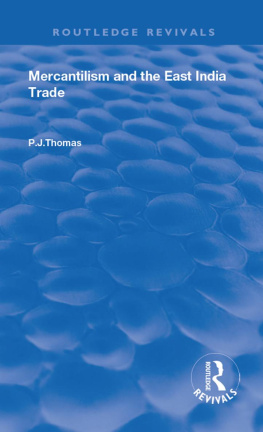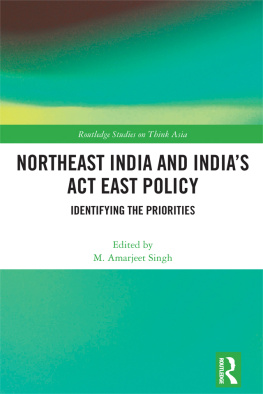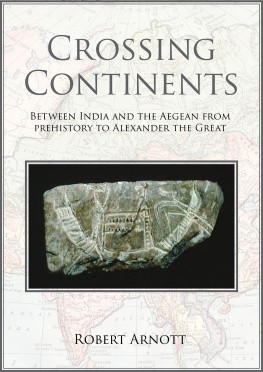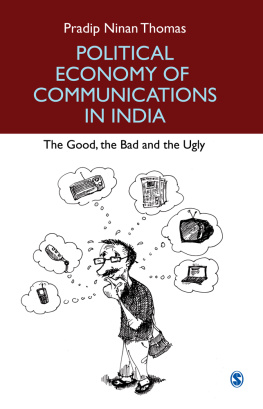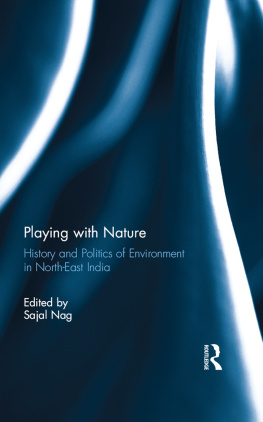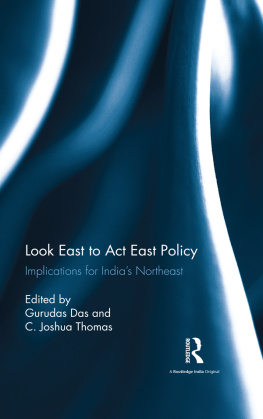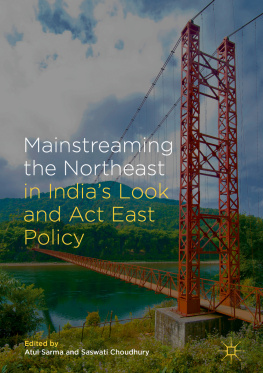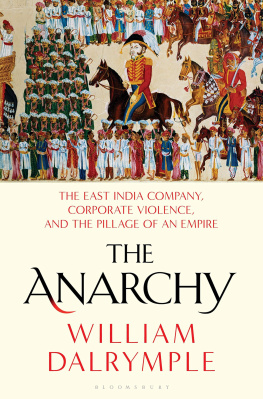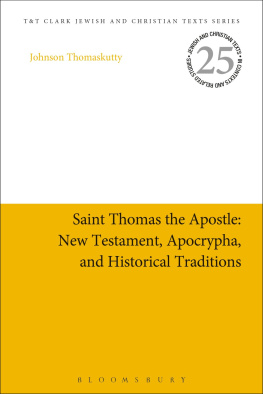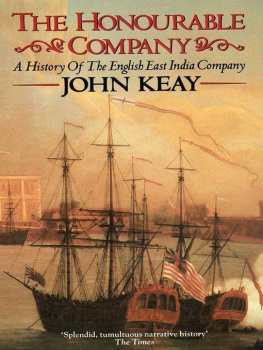First published in 1926 by Frank Cass & Co. Ltd
This edition first published in 2019 by Routledge
2 Park Square, Milton Park, Abingdon, Oxon, OX14 4RN
and by Routledge
52 Vanderbilt Avenue, New York, NY 10017, USA
Routledge is an imprint of the Taylor & Francis Group, an informa business
1926 by Taylor & Francis
All rights reserved. No part of this book may be reprinted or reproduced or utilised in any form or by any electronic, mechanical, or other means, now known or hereafter invented, including photocopying and recording, or in any information storage or retrieval system, without permission in writing from the publishers.
Publishers Note
The publisher has gone to great lengths to ensure the quality of this reprint but points out that some imperfections in the original copies may be apparent.
Disclaimer
The publisher has made every effort to trace copyright holders and welcomes correspondence from those they have been unable to contact.
A Library of Congress record exists under ISBN:
ISBN 13: 978-0-367-19931-9 (hbk)
ISBN 13: 978-0-429-24424-7 (ebk)
MERCANTILISM AND THE EAST INDIA TRADE
MERCANTILISM
and the
EAST INDIA TRADE
By
P.J.THOMAS
First published by P. S. King & Son Ltd.,
in 1926 and now reprinted by arrangement
with them.
This edition published by Frank Cass & Co. Ltd.,
10 Woburn Walk, London, W.C.1
First edition 1926
New impression 1963
Made and printed in Great Britain by
Charles Birchall and Sons Limited
Liverpool and London
PREFACE
THE object of this monograph is to trace the beginnings of Protectionism in England. Towards the last quarter of the seventeenth century, the Mercantile system became increasingly protectionist in aim, and this is disclosed by the numerous controversies that raged in the sphere of foreign trade at the time. The opposing views of Protection and Free Trade were clearly stated by a galaxy of talented writers, whom we may justly regard as the pioneers of modern economic thought. These controversies resulted in the triumph of Protectionism, and for more than a century it remained the settled economic policy of Great Britain. This early clash between Protectionism and Free Trade is only barely noticed in the existing books, but it deserves a prominent place in the history of economic development. The importance of this topic can only be brought out by segregating it from the general current of Mercantilismby extricating it from that tangled web which has almost baffled analysis and has greatly confused the inexperienced student. This aim the present writer has kept clearly in view.
Of the many branches of English foreign trade, the East Indian was the one that figured prominently in the protectionist controversy, and hence the importance attached to it in this work. It must be noted, however, that the controversy was not between England and the East Indies, but between two powerful interests within England: the English woollen and silk manufacturers were pitted against the English East India Company and the English calico-printers. The subject is therefore essentially connected with England, and is only incidentally connected with India. It is a chapterand an integral chapterin the history of economic thought in general and of English economic development in particular. It is from this standpoint that the subject has been dealt with in the present work.
At a time like the present when there is a distinct revival of Protectionism in most countries, the subject of this treatise may be of special interest, not only to students but to statesmen. The safeguarding of key industries is now recognised as a legitimate aim of State policy even in Great Britain, and few would now inveigh against such a policy. Nor was the object of the early protectionists essentially different from this. Most of them were genuine patriots who used the tariff policy as a weapon to defend national industries against unfair foreign competition, and who honestly held that those national industries should be safeguarded even against competition at home of new rivals; they were not all craving for treasure or raving for national aggrandisement, as is often supposed. It is possible, therefore, that the early protectionist movement detailed in the present work may have some practical bearing upon the fiscal problems that loom so large all over the world at the present time.
The materials for this book were drawn mainly from contemporary papers preserved in the English libraries and archivespamphlets, broadsides, and the teeming MSS. of the Public Record Office and the India Office. The period under survey was very prolific in economic tracts, and large numbers of them are found in the Bodleian, the British Museum and the Goldsmiths Library of Economic Literature. The last-named collection was found specially useful: it is a veritable mine of economic information and awaits exploitation by enterprising workers.
The book was partly composed in 1922 and forms part of the results of an enquiry which the author carried on in the above archives from 1920 to 1924. It is proposed to bring out another instalment of his findings in due course.
The author takes this opportunity to express his deep debt of gratitude to the High Commissioner for India in London; to Mr. P. E. Roberts, of Worcester College, Oxford; to Prof. H. W. C. Davis, of Balliol; to Mr. E. Lipson, University Reader in Economic History at Oxford; to Mr. (now Sir) William Foster, Historiographer at the India Office, and to Mrs. V. Anstey, of the London School of Economics and Political Science. The publication of this book owes much to the munificence of Mr. T. C. Goswami, of Lincoln College, Oxford. The authors colleague, Prof. S. A. Pakeman, and Mrs. Anstey were good enough to correct the proofs, and the author is grateful to them both for their helpful suggestions.
P. J. Thomas, 1926.
PRINCIPAL SOURCES
I. MANUSCRIPTS
PUBLIC RECORD OFFICE:
Colonial Office 388.
Vols; 5 to 22, Original Correspondence of the Board of Trade, 16961720.
Colonial Office 389, Vols. 14 to 28; Entry Books, Reports, Instructions Orders, etc., from 1696 to 1731.
Colonial Office 77, Vols. 14 to 16. Petitions of the East India Company, etc. (16781725).
BRITISH MUSEUM:
Additional MSS. 10, 122. Parliamentary Grants, 16881702.
24B. Representations of the Commissioners for Trade and Plantations.
INDIA OFFICE LIBRARY:
Manuscript Letter Books; Despatches to India, Commissions to Ships, etc. Vols. 7 to 17 (16821721).
Court MinutesMinutes of the Court of Directors on all matters connected with the Company. Vols. 32 to 37 (16801700).
Abstracts of Letters from Coast and Bay. 2 Vols. 17031728.
Records of Fort St. GeorgeDespatches from England. (Three volumes of Documents recently published by Government of Madras.)
GOLDSMITHS LIBRARY:
India and the Far East MSS. Various accounts of Trade in the early Eighteenth Century. Contains Sir Nicholas Waites account of ye state of trade in India (1699).
The Meanes of a most ample increase of the wealth and strength of England in a few years, offered to Queen Anne in the fifth year of her reign (1706).



